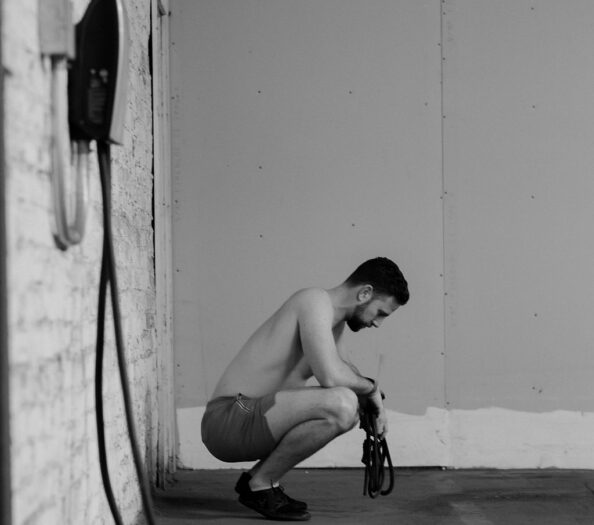3 min read
EXERCISE.
Exercise is enhancement by many meanings.
It’s a practice for growth, strength, and longevity that transcends our efforts and goals.
It’s the will to exert change by any measure and improve, regardless of the outcome.
Place it in any context, and the result is progress an activity focused on skill.
Exercise is a performative art.
It’s cause and effect in and of itself.
It’s a system of maintenance that affects both inward and outward variations.
This is why, at any point in time, when you decide to apply force for change to your body and mind, it is the right decision.
It gives you access to new data to interpret however you see fit. This is why it can make or break you.
How else can you maintain something without challenging its value?
Risk for reward is a suitable fit for both personal and physical development.
Exercise is in support of survival.
It’s a moment-by-moment lesson in responsibility and perseverance, accessible only by one’s choice and intent.
If harnessed properly, exercise reveals our most personal results over time.
Exercise is not just physical and mental; it’s relational, and a healthy relationship does not thrive without a strong body of work.

We know talking about exercise isn’t enough; action must be taken. The world will always present multiple ways of exposing the realities behind what we know about exercise. From the practical to the theoretical, the superficial to the philosophical, there will always be a discussion on what is appropriate and what is misleading for the public. Exercise will continue to be a buzzword filled with potential. Still, with that potential, we can determine how we shape our perception by defining it based on our experiences to get the answers we want. I could have easily picked broader words like health, wellness, or fitness, which people often debate, but none are verbs. None of them call you to action. But exercise does! And yet, it scares some and excites others, leading many to either avoid it or overindulge in their perspective, to which nothing gets resolved.
Understanding how we respond to a word or action that challenges our environment can help maintain the proper growth mindset we aspire to. Exercise embodies this in a healthy and applicable way. It is possible to create different responses toward our own bias if we put our focus in the right context. Exercise sounds like a commitment, but it means well. Even its proper definition explains its support to “enhance and maintain” a wellness state.
Suppose there’s any advice to extract from that definition. In that case, it’s to start where you are, with what you can, and just remember to be honest about your decisions on what exercise is for you. All you are carrying out is a function or practice. After you complete the exercise, you can make all the adjustments you need to move forward without judgment. This goes for all forms of exercise: mental, emotional, creative, and, of course, the most grounding of all, physical.
Measure your results how you see fit.
You won’t be surprised you got there; you’ll be humbled.
What to
read next


